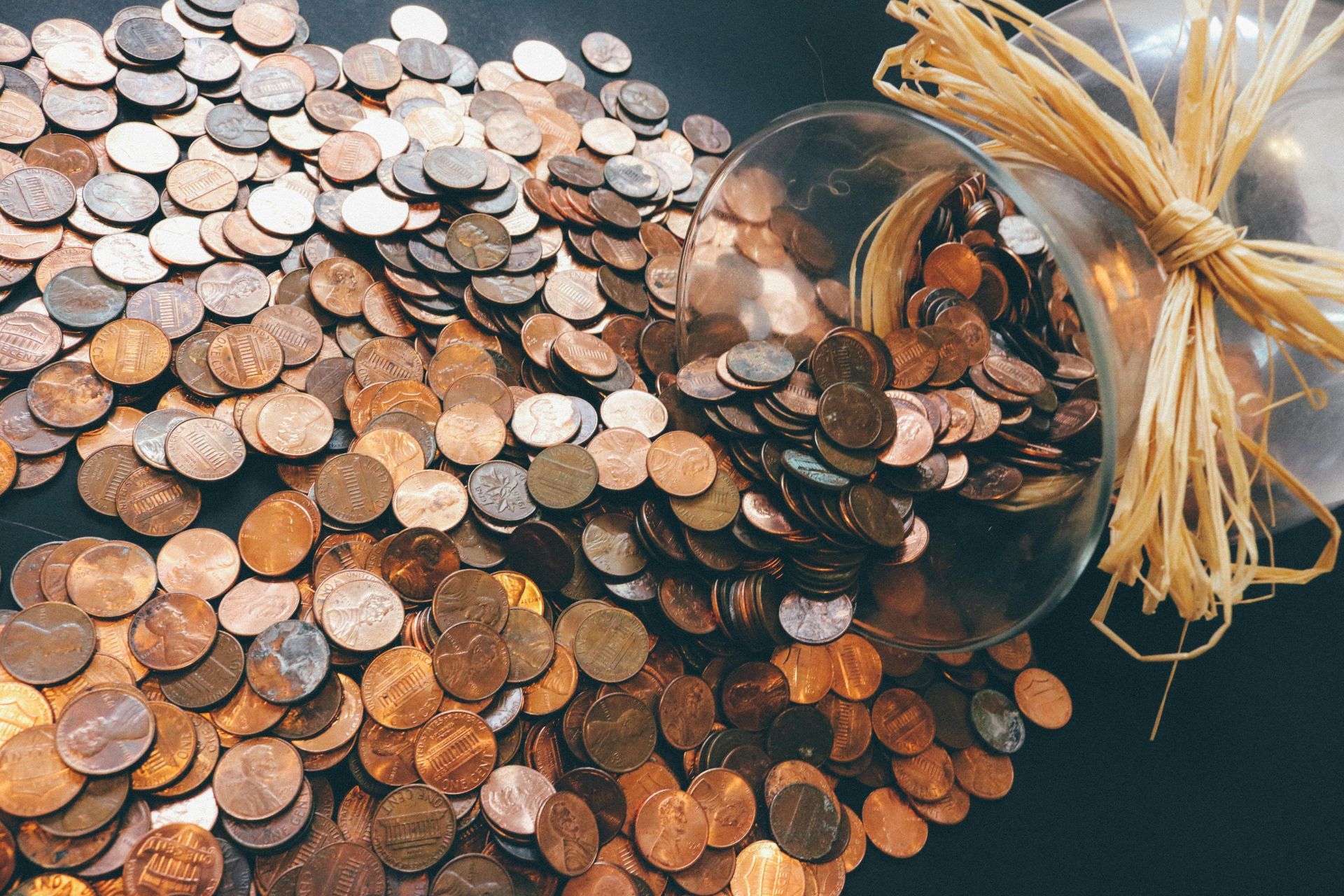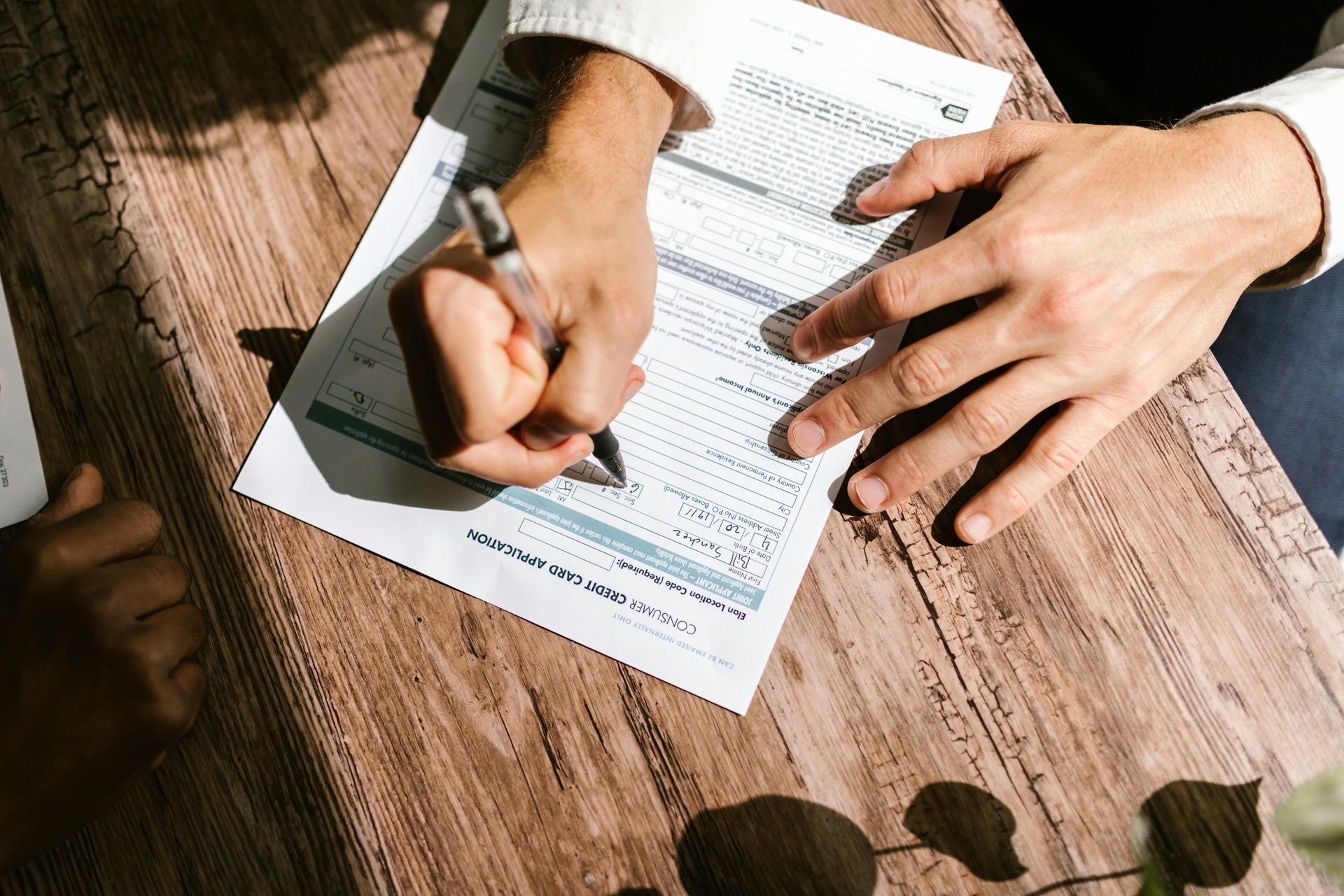Will Bankruptcy Prevent Your Foreclosure?
Will Bankruptcy Prevent Your Foreclosure?
So, you’ve received a foreclosure notice. Should you file for bankruptcy? Will a bankruptcy proceeding help you hang onto your home? If you are successfully discharged from your mortgage debt, will you still have to make payments in the future?
Bankruptcy is serious business and has many significant repercussions that can impact your life in the short and long term. In some cases, filing for bankruptcy can help you prevent foreclosure – sometimes permanently, so long as you make your payments, and sometimes temporarily.
There is no one-size-fits-all solution. How bankruptcy will impact your impending foreclosure will depend on several factors, such as the type of bankruptcy you file for and how much equity you have in your home.
In this article, we’ll explore the relationship between bankruptcy and foreclosures. If you have any questions about your individual situation or bankruptcy and foreclosure more broadly, please contact our friendly team. We’d be happy to walk you through your options and guide you toward your desired outcome.
What is an Automatic Stay?
An automatic stay is a provision under United States bankruptcy law that enables a bankruptcy filing to prevent foreclosure for a period of time. It stops creditors, government departments, and collection agencies from pursuing owed funds from debtors that have filed for bankruptcy.
In practice, if you file for bankruptcy before your lender begins or finishes a foreclosure, an automatic stay will postpone your foreclosure. Your stay applies from the day you file for bankruptcy and ends after court proceedings.
If you do not pay your mortgage or are behind on payments, your lender may file a motion that allows them to execute a foreclosure during your bankruptcy proceedings. If the court grants your lender’s motion, they are permitted to continue with your foreclosure.
Bankruptcy Discharges and Mortgage Debts
For many, a discharge from debt is the goal of filing for bankruptcy. If you are granted discharge from a debt, you are no longer personally liable for that debt. In some cases, you can pursue a discharge from your mortgage debt.
Individuals can file for bankruptcy in one of two ways – Chapter 7 bankruptcy and Chapter 13 bankruptcy. A trusted attorney can advise on the best path forward for your personal situation. The pathway you take will affect your potential mortgage debt discharge.
- If you file for Chapter 7 bankruptcy, your discharge is typically granted after the creditor – in the case of your mortgage, your lender – has sufficient time to either object to the discharge or file a motion to dismiss it. This process can take several months.
- If you file for Chapter 13 bankruptcy, your discharge will be given following the completion of your payment plan. This process can take three to five years, if not more.
If your mortgage debt is discharged under a Chapter 7 or Chapter 13 bankruptcy, you cannot be held personally liable for your mortgage debt. However, that does not mean you are permanently protected against foreclosure.
The Mortgage Lien and Foreclosure
Let’s say you file for bankruptcy and are discharged from your mortgage debt. You cannot be held personally liable for that debt, but the lender may still have a right to foreclose your property. It seems contradictory, so let’s take a closer look at the mortgage lien and how that impacts foreclosures following a successful bankruptcy proceeding.
In most cases, when you take out a mortgage, you are committing to two legal obligations:
- A promissory note is a personal promise you make to your lender to pay back the borrowed funds.
- A mortgage, also known as a deed or trust, establishes what’s known as a lien on the property. A lien is your lender’s legal right to your property if you default on your payments. If you have a mortgage, you have a lien.
You are relieved of your personal promise to repay the lender when you are discharged from a mortgage debt via a bankruptcy filing. The lien remains active. This enables your lender to foreclose on your property following the automatic stay, or if you have defaulted on your payments, after your bankruptcy proceedings are completed.
Will Chapter 7 Bankruptcy Prevent Foreclosure?
In a Chapter 7 bankruptcy, a bankruptcy trustee is nominated to liquidate your assets. The proceeds are used to pay off your debt. When all proceeds are exhausted, the leftover debt is discharged. In most cases, a Chapter 7 bankruptcy cannot prevent foreclosure altogether. But it can delay it temporarily.
Here are several scenarios to consider:
- If you are up-to-date with your mortgage payments and have very little equity in your property, you can likely avoid foreclosure and keep your home.
- If your home holds significant equity, your creditors may have to sell your property to repay your debt, in which case filing for bankruptcy won’t prevent foreclosure, just delay it.
- You will likely be subject to foreclosure if you are behind on your payments – even if creditors do not sell your home.
Will Chapter 13 Bankruptcy Prevent Foreclosure?
If you file for Chapter 13 bankruptcy, you will be obligated to pay part or all your debt through a repayment plan (generally over three to five years, depending on the amount of debt owed and your income). If granted, these repayments can include money owed on your mortgage.
So, if you are behind on your mortgage payments and want to keep your home, Chapter 13 bankruptcy may help you reach your goals.
Always Seek Professional Legal Counsel
Navigating bankruptcy, foreclosure, and the intersection between the two is no easy task, so don’t go it alone. To ensure you have the best chance of achieving your desired outcome, enlist the help of a professional bankruptcy attorney.
At The Law Office of Calvin Craig, we stand by our clients’ sides every step of the way, leveraging our deep experience, passion, and empathy to mitigate risk, minimize damage, and protect their interests. If you would like to discuss your personal circumstances, please don’t hesitate to reach out today. We are here to help.











